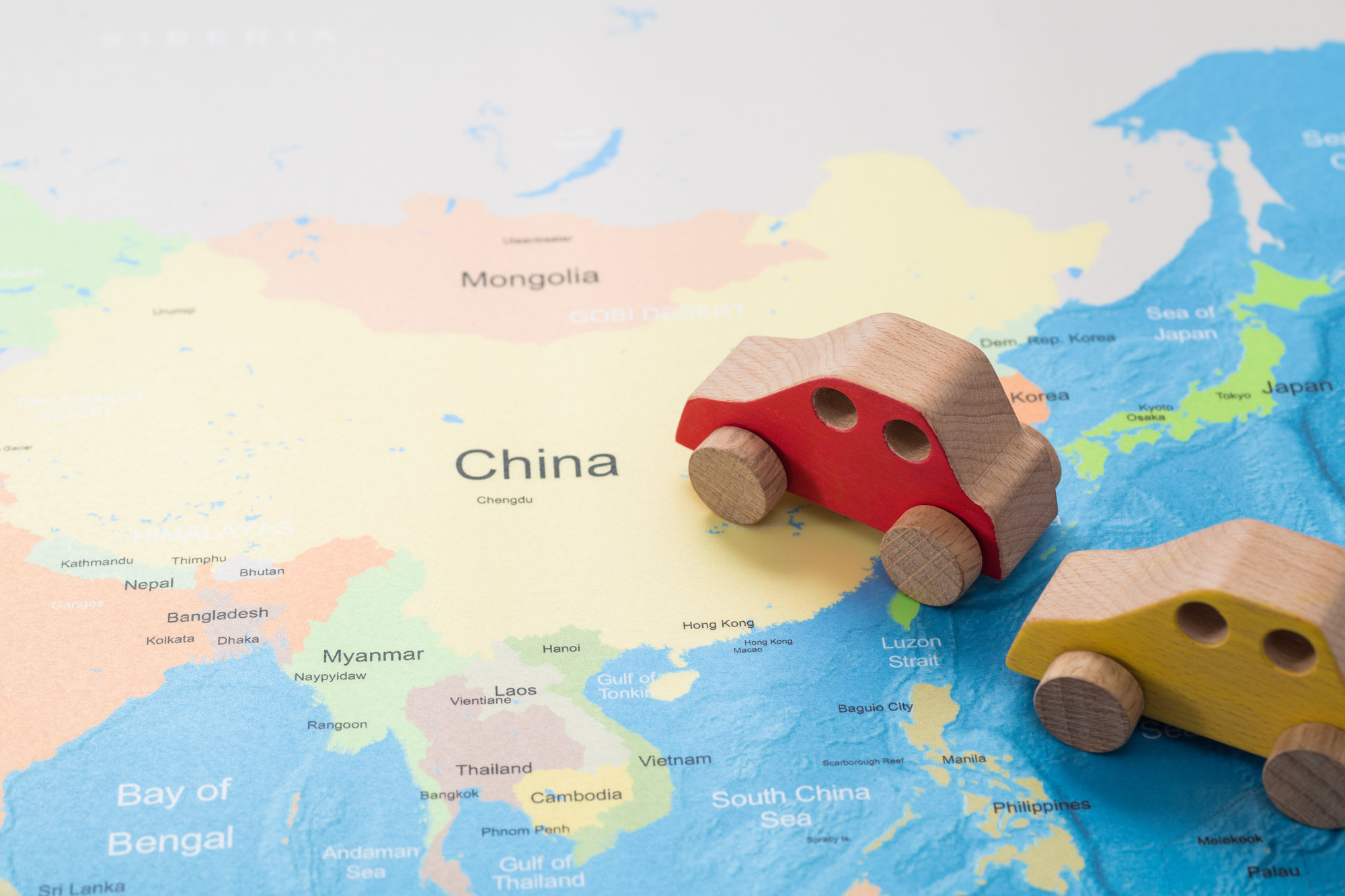2016/03/10
No. 224: Yukiko Fukagawa, "South Korea's TPP Strategy: Reformulating a Dubious Growth Strategy"
South Korea's exports fell 7.9% in 2015, but the country nevertheless surpassed France to rank sixth in the world behind China, the US, Germany, Japan, and the Netherlands. Given its great reliance on trade, South Korea has made it a principle to participate actively in trade liberalization of all forms. Although the Korea-US Free Trade Agreement (KORUS) was expected to pave the way to Trans Pacific Partnership Agreement (TPP) participation, South Korea did not become a founding member, choosing instead to overlook the global shift from bilateral to Pluri-lateral mega-FTAs and give priority to FTA negotiations with China. However, future TPP accession will require South Korea to address more such fundamental factors as (1) domestic FTA fatigue, (2) TPP hurdles, and (3) the presence of Japan as a competitor.
In anticipation of the US ratifying the TPP in or after 2017, trade officials in South Korea have begun preparations for participation as a second-wave member. The ROK is also participating in talks on the Regional Comprehensive Economic Partnership (RCEP) being formed by the ASEAN+6 (the six being Japan, China, South Korea, India, Australia and New Zealand) as well as on the Japan-China-South Korea FTA. Expectations are low for significant liberalization under the former, so South Korea for the time being will likely adopt a strategy of using the de facto high-level Japan-South Korea FTA that TPP entry would constitute as leverage to boost the low level of open trade in the China-South Korea FTA within the framework of the Japan-China-South Korea FTA. However, this low level of open trade is the consequence of unwillingness in China and agricultural protectionism in South Korea. South Korean rice was completely excluded even from the Korea-US FTA and, if the US demands that South Korea open its markets on par with Japan in order to participate in the TPP, South Korea will face a substantial burden, even as the restrictions imposed on this strategy by (1) - (3) remain in place.
With regard to (1), the EU, the US and China were confronting economic crises and prolonged slowdowns around the time their FTAs with South Korea went into effect (2011, 2012, and 2015 respectively), so the economic benefits touted by South Korea's government were unfortunately not felt in the domestic market.. Contributing factors to FTA fatigue within the country itself included a surge in full-time wages beyond rises in productivity as well as inefficiency in its logistics, distribution and other service industries, and reforms are essential if South Korea is to enjoy the benefits of these FTAs. Being tied to the country's growth strategy itself, (2) and (3) are likely even more serious factors. In respect to (2), the TPP contains provisions on competitive conditions for public corporations and also calls, in a non-binding fashion, for information disclosure and policy coordination on exchange interventions. Since 2010, South Korea has expanded its exports by intervening in foreign exchange markets, supplying cheap energy through public corporations, and supporting its service sector. It is frequently subjected to US criticism for its exchange interventions and its public corporations are awash in debt, both of which are greater causes for concern than tariffs with regard to joining the TPP. Another headache stems from major investor-state dispute settlements (ISDS) already going under KORUS.
As for (3), the only TPP members with which South Korea does not have an FTA are Japan and Mexico, and its strategy of postponing bi-lateral FTA negotiations with Japan has reached its limits. Behind this strategy lie the traditional aims of securing an advantageous export environment ahead of Japan through other FTAs and protecting high-earning domestic markets from Japanese competition. Although animosity over the trade deficit with Japan has eased, it is difficult to dispel the notions that South Korean products do not sell in Japanese markets because of high non-tariff barriers and that liberalizing imports vis-à-vis Japan would put pressure on South Korea's small and medium-sized firms. Given the generally similar climatic and other conditions it shares with neighboring countries, South Korea is not necessarily confident enough even to open up its markets for farm and marine products. In contrast to Japan's recent growth strategy shifting for system based business through the Internet of Things (IoT) and next-generation transportation, for instance, South Korea is still firmly attached to the "hard" manufacturing industry, and the diminishing presence of Japan as a previously-popular destination for South Korean technologies has inhibited innovation in the country's trade strategy toward Japan.
In actuality, though, change has been rapid, with South Korean companies shifting their production overseas in the wake of a higher won and rising wages. The TPP provides for full "accumulation" in procurement among the members, and South Korea has begun to feel impelled to join by the risk that Japan could take South Korea's place in the supply of intermediate goods to the major export destination of Vietnam. Until a significant move is made away from the conventional approach of seeking to be more price competitive than Japan in exports by relying on the "hard" manufacturing industry and its high domestic procurement rate, sweeping aside (1) - (3) will undoubtedly prove problematic. South Korea's TPP accession will depend on scrapping its obsolete industrial policy and developing a new growth strategy.
Yukiko Fukagawa is currently a Professor, School of Political Science and Economics, Waseda University and a Visiting Professor, Graduate School of International Studies, Yonsei University. She engaged in many consultation and advisory activities for the government, such as the Committee for Foreign Exchange in the Ministry of Finance, the Committee for Industrial Structure in the Ministry of Economy and Industry etc.
The views expressed in this piece are the author's own and should not be attributed to The Association of Japanese Institutes of Strategic Studies.





